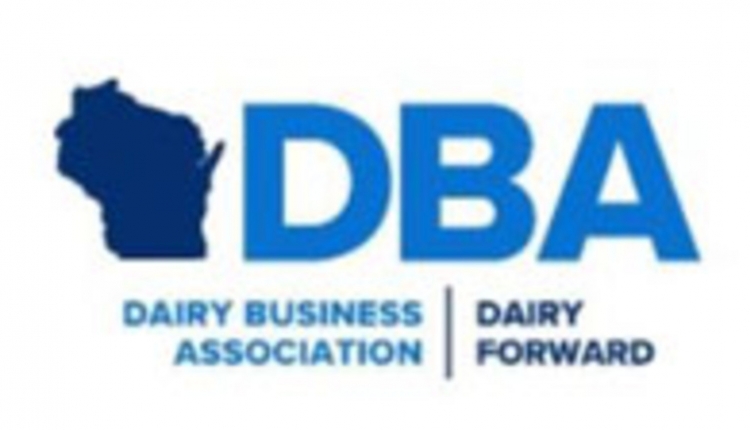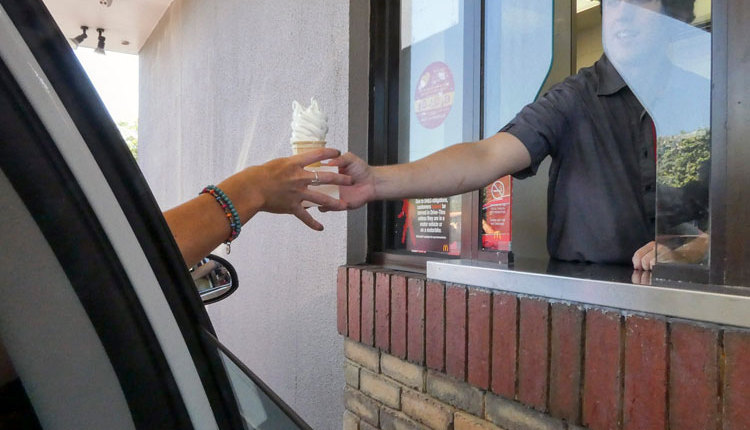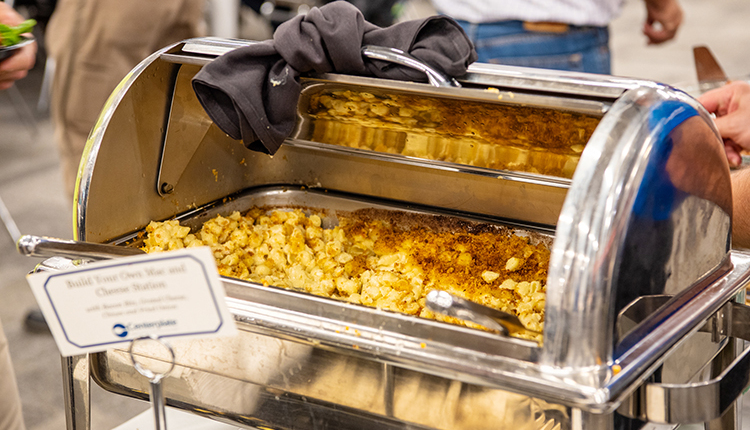On Monday evening, the farm bill passed through the Senate by a bipartisan 66-27 vote.
The $955 billion bill is very similar to the one approved by the Senate just a few weeks shy of a year ago, on June 21, 2012. For dairy, one major component is the Dairy Security Act (DSA), including a voluntary margin insurance program that would allow farmers to better manage the risks of milk price and feed cost volatility. To learn more about how the DSA could affect you, read our blog, "How would the Dairy Security Act impact your dairy?"
The bill would also include a market stabilization plan to improve cost-effectiveness of the DSA, which would help both farmers and taxpayers. The approved bill does not include MILC, price support or dairy export incentive programs that were a part of the previous farm bill.
Last year's bill contained 42 amendments. Two weeks of debates on the Senate floor this year added 14 more amendments to the current bill.
Passing through the Senate is a pivotal step for the farm bill, but the biggest challenge may still lie ahead. The Republican-led House of Representatives is expected to begin floor consideration of the farm bill next week. It was at this point that last year's proposed bill got stalled and eventually stopped because the House Speaker John Boehner (R-OH) didn't bring the bill to the House floor.
In regards to the upcoming debate, Boehner said, "I had concerns about some of the dairy provisions of the farm bill last year, and those concerns remain this year. I oppose those provisions and will support efforts on the House floor to change them appropriately. And I encourage other members of the House to approach this process in the same spirit … Let's have the debate, and let's vote on them."
Those dairy provisions include Boehner's objection to the market stabilization component of the DSA. The House Ag Committee voted down the Goodlatte-Scott Amendment by a 20 to 26 vote in May. That amendment would have stripped out the market stabilization component of the bill. Many observers believe that amendment will be offered up again on the House floor this June.
It will likely take time and much debate, as everything from agriculture to food assistance programs needs to be discussed. However, a new farm bill has not been passed since 2008, and the extension of the current farm bill expires on September 30. Those in agriculture will remain hopeful that the new five-year farm bill could be brought to the President before the August recess and finally bring some answers and stability to dairy producers and all agriculturalists.

The author is an associate editor and covers animal health, dairy housing and equipment, and nutrient management. She grew up on a dairy farm near Plymouth, Wis., and previously served as a University of Wisconsin agricultural extension agent. She received a master's degree from North Carolina State University and a bachelor's from University of Wisconsin-Madison.
The $955 billion bill is very similar to the one approved by the Senate just a few weeks shy of a year ago, on June 21, 2012. For dairy, one major component is the Dairy Security Act (DSA), including a voluntary margin insurance program that would allow farmers to better manage the risks of milk price and feed cost volatility. To learn more about how the DSA could affect you, read our blog, "How would the Dairy Security Act impact your dairy?"
The bill would also include a market stabilization plan to improve cost-effectiveness of the DSA, which would help both farmers and taxpayers. The approved bill does not include MILC, price support or dairy export incentive programs that were a part of the previous farm bill.
Last year's bill contained 42 amendments. Two weeks of debates on the Senate floor this year added 14 more amendments to the current bill.
Passing through the Senate is a pivotal step for the farm bill, but the biggest challenge may still lie ahead. The Republican-led House of Representatives is expected to begin floor consideration of the farm bill next week. It was at this point that last year's proposed bill got stalled and eventually stopped because the House Speaker John Boehner (R-OH) didn't bring the bill to the House floor.
In regards to the upcoming debate, Boehner said, "I had concerns about some of the dairy provisions of the farm bill last year, and those concerns remain this year. I oppose those provisions and will support efforts on the House floor to change them appropriately. And I encourage other members of the House to approach this process in the same spirit … Let's have the debate, and let's vote on them."
Those dairy provisions include Boehner's objection to the market stabilization component of the DSA. The House Ag Committee voted down the Goodlatte-Scott Amendment by a 20 to 26 vote in May. That amendment would have stripped out the market stabilization component of the bill. Many observers believe that amendment will be offered up again on the House floor this June.
It will likely take time and much debate, as everything from agriculture to food assistance programs needs to be discussed. However, a new farm bill has not been passed since 2008, and the extension of the current farm bill expires on September 30. Those in agriculture will remain hopeful that the new five-year farm bill could be brought to the President before the August recess and finally bring some answers and stability to dairy producers and all agriculturalists.

The author is an associate editor and covers animal health, dairy housing and equipment, and nutrient management. She grew up on a dairy farm near Plymouth, Wis., and previously served as a University of Wisconsin agricultural extension agent. She received a master's degree from North Carolina State University and a bachelor's from University of Wisconsin-Madison.








